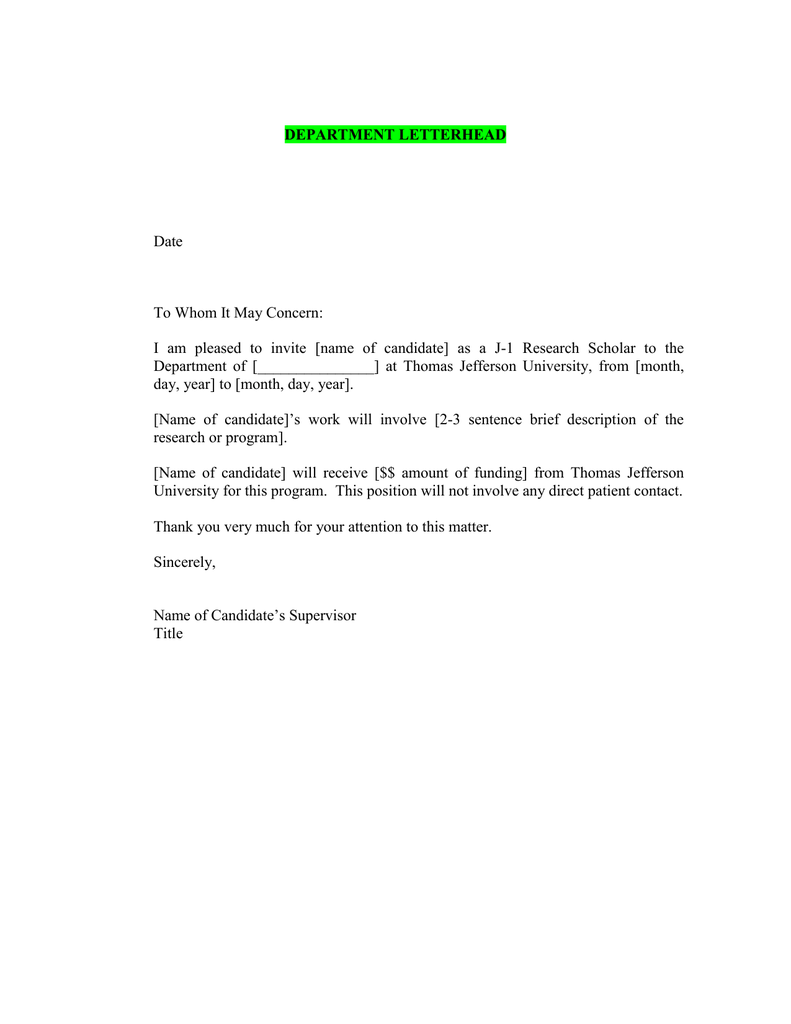
Often, employers use a generic email alias for applications, such as or In this case, it's unclear whether a recruiter, HR leader, hiring manager or multiple professionals will review your application. When you're applying for a job, you may not know who will be reviewing your resume, cover letter or application. Introduction to a new or prospective client


Here are five situations in which it's appropriate to use this salutation:Ĭontact referral or recommendation letter In those circumstances, it may be better to use the phrase, “To Whom It May Concern.” Using “To Whom It May Concern” Addressing your message to the wrong person could create confusion or look unprofessional. However, you should only include a person's name if you're absolutely certain they'll be the one receiving your email or letter. Today, it's much easier to find the names of HR managers, department heads and other decision-makers you may be attempting to reach.
#How to capitalize to whom it may concern professional#
This greeting was developed before the existence of the internet when it was more difficult to identify people's job roles by researching companies, online public directories or professional organizations. “To Whom It May Concern” isn't a typical greeting used in modern professional letters. For example, if you're writing a cover letter as part of a job application and it's not clear from the job posting who will be reviewing your application, you may choose to start your letter with “To Whom It May Concern.” Traditionally, the phrase “To Whom It May Concern” is used in business correspondence when you don't know the recipient's name or you're not writing to one specific person. Why do people use the greeting “To Whom It May Concern”? In this article, we explain why people use this greeting and when to use it.

A common salutation used in many professional situations is “To Whom It May Concern.” Knowing when to use "To Who It May Concern" instead of another salutation can help set the tone for the rest of your correspondence. Whether you're writing an email or preparing a physical letter, it's important to begin every business correspondence with an appropriate greeting.


 0 kommentar(er)
0 kommentar(er)
